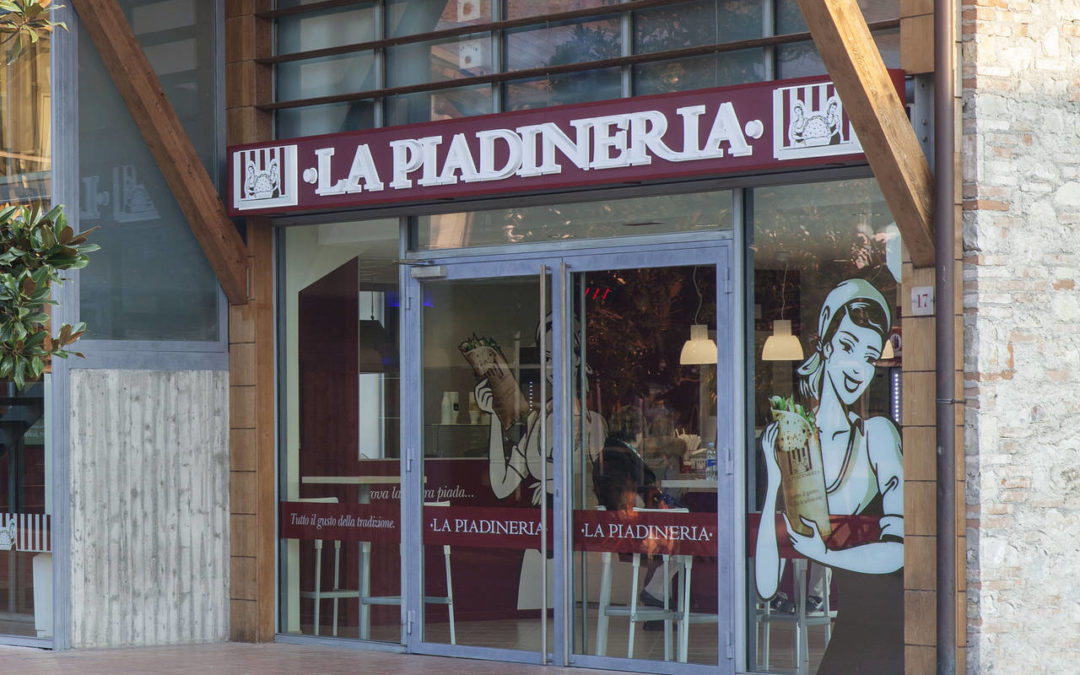Several funds have been encouraged to move into Italy for the first time, spurred by some positive economic and political developments
Private equity groups have been averse to investing in Italy for several years as the economy faltered and political tensions kept them at bay.
Now, armed with an overflowing warchest and attracted by a vast pool of family-owned businesses ripe for buyouts they are returning to the neglected southern European country.
Italy’s return to positive economic growth and the political stability provided by the formation of a coalition government between the Five Star Movement and the Democratic Party have been seen as positive developments by many firms waiting to do deals.
So far, growth has been small and both the economy and the coalition are still fragile, but buyout groups are seeing some interesting opportunities.
“There was a concern by some international investors about the overall country risk, that has now disappeared, which has contributed to a healthier market,” says Marco de Benedetti, co-head of Carlyle’s European buyout group.
Carlyle, which already owns several companies in Italy, in May acquired Forgital, a specialist manufacturer for the aerospace industry. Other current holdings include high end design group Design Holding and Comdata, a business process outsourcing provider.
De Benedetti thinks precision mechanics and engineering companies, some of which are part of the German and international automotive supply chain are particularly attractive. He is also scouring for industrial players, and luxury lifestyle brands with a focus on those with a strong craft and creativity purpose.
Deal volumes in Italy were up 25% in 2019 year-on-year, with firms spending approximately €10bn on 161 transactions in 2019, according to KPMG.
Several funds have been encouraged to move into Italy for the first time. In July, Swedish firm EQT opened an office in Milan. London-based Hayfin Capital has also set up shop, boosting its European network.
According to Alberto Vigo, CEO of DC Advisory Italy, there is a large number of high quality, mid-sized, entrepreneurial companies, “which have room for operational improvements or are in need of fresh capital in order to reach critical scale or expand geographically”.
He says several sectors – consumer, industrials, healthcare and medtech – will come to the spotlight, benefiting from a low correlation with the macroeconomic outlook and secular demographic tailwinds.
“In the last few years there has been an increase of activity due to the economy going well. In particular there has been a lot of liquidity, which has had the effect of private equity looking into Italy in a more continuous way,” he explains. “We had different private equity funds approaching Italy for the first time, cutting deals where before they were not looking.”
Permira partner Francesco Pascalizi has also highlighted the return of private equity groups. “Like every European market, the Italian market has become more competitive in recent years,” he says.
Permira has historically invested in the consumer and healthcare sectors in Italy, with portfolio companies including pet care retail chain Arcaplanet, fast casual dining group La Piadineria and medical equipment service provider Althea.
Pascalizi says recently, the team has started seeing opportunities in the industrial, tech and fintech sectors as well.
As valuations continue to rise globally, Italy has also been affected. But Pascalizi argues that the effects of increasing multiples have been slightly less in the country “in part, because our counterparts in the market are often entrepreneurs who have broader agendas beyond the maximisation of price”.
Buying family-owned companies and navigating the complex dynamics that accompany such enterprises comes with its own set of challenges.
“In Italy our counterparts are quite often entrepreneurs/CEOs with a strong entrepreneurial mindset and background,” explains Pascalizi. “As such, the deal execution process can be lengthier and more complicated than in other countries. But at the same time this also creates interesting opportunities to do attractive deals and to differentiate ourselves.”
De Benedetti agrees. He says dealing with entrepreneurs and family businesses requires a different approach, arguing that a local presence is crucial. “Most companies are smaller, many times they’re still in the hands of an entrepreneur, and to get a deal done can be more difficult. You need to build trust with those entrepreneurs.”
Source: Financial News
Can’t stop reading? Read more
Old structures, new relevance: the quiet return of investment trusts
Old structures, new relevance: the quiet return of investment trusts Listed private equity has...
EQT Growth joins $330m Lovable round to scale AI-driven software building
EQT Growth joins $330m Lovable round to scale AI-driven software building Lovable has raised $330m...
Elliott builds $1bn-plus Lululemon stake as retailer prepares for CEO transition
Elliott builds $1bn-plus Lululemon stake as retailer prepares for CEO transition Elliott...




